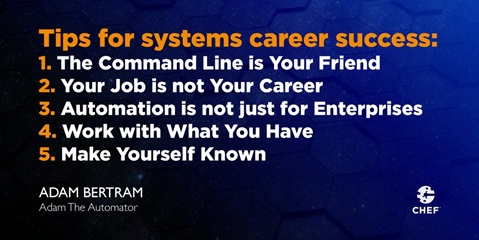It shouldn’t come as a surprise that software quality is a top concern for organizations of all shapes and sizes. But heavy workloads, time constraints and lack of manpower plague many organizations. Despite the obstacles, however, with the right tools and best practices, teams can successfully and consistently peer review all code – leading to higher quality software in less time and at a reduced cost ...
Vendor Forum
Privilege Management is a new age term, born from the crucible of Role Based Access Control (RBAC). Privilege Management refers to the ability of any enterprise to successfully manage, detect and mitigate any possibility of employee account misuse. The definition is quite terse and a bit wishful. In reality most organizations have very poor privilege management practices employed for their resources. In this blog, I will discuss why that is the case, what are some good strategies to launch effective privilege management in your organization and some of the gotchas that you can avoid ...
DevOps is permeating the enterprise as both a technical and professional movement. If able to adequately manage a career in DevOps, it can be highly rewarding and fulfilling to have a profound impact on how your business operates and how your teams work together. So how do you get on the path to success with a career in DevOps? ...
The implementation of DevOps can take on many forms but it is most often recognized through implementation of continuous delivery practices. When implementing continuous delivery the activities of build, test, and deploy are automated such that it ensures that your software is always in a release ready state. Successfully adopting DevOps through Continuous Delivery provides many business and technical advantages including ...
Where is the current state of DevOps adoption, and what are the resulting challenges and conditions, among the global masses? Beyond the unicorns and thought leaders – and certainly outside the realm of vendor marketing – how far has this journey progressed among you, the average DevOps-affected professionals? How can you find out where your organization really stands, or what questions you need to consider in further advancing, or even merely beginning the DevOps transformation? Here's one alternative – take the 2016 State of DevOps Survey ...
The use of APIs to enable applications to interact across single and multiple infrastructures is skyrocketing and innovation is being fueled by companies finding new ways to monetize their software assets by exposing APIs to outside developers. However, exposing APIs to developers outside the company creates significant risk and APIs are becoming a growing target for cyber criminals. A new study by Ovum highlights an alarming lack of consistency and ownership in how API security is addressed ...
Sandboxes (aka Uber Containers) are self contained infrastructure environments that can be configured to look exactly like the final target deployment environment, but can be created and run anywhere. Sandboxes address the real question of "where" do I develop my application so that the environment and infrastructure that it runs on look the same from the development lab to the test lab to the production datacenter or cloud ...
Business as usual thinking flows to IT, where any experimentation and innovative thinking is asphyxiated. In this environment, technologies like cloud computing are dismissed as being "too risky" or "not applicable here". As for DevOps? Well, that's just for Unicorns and will never work in an enterprise ...
I'm going to make a case that may not be altogether popular: Most businesses still aren't doing DevOps right. Despite claims of "winning" at DevOps, a majority of businesses still haven't married their database with other DevOps processes ...
Over the past decade, two factors have made it significantly easier to escape that legacy cloud lock-in model. Free/open-source software has reached a level of maturity and adoption in almost every area of the industry, offering more and more valid alternatives to commercial products. Secondly, the commoditization of cloud computing removed the need for companies to run their own datacenter ...
One of the most critical aspects of modernizing the software factory within the context of DevOps clearly lies in advancing management of APIs. Freeform Dynamics has been conducting significant research in the DevOps arena of late and recently published a new data set aimed at further illustrating the maturation of API management ...
When it comes to testing, software is software, right? Not exactly. Mobile apps keep growing, and now with the predicted growth in Internet of Things applications and technologies, testing organizations have new considerations and limitations. If your company is involved in developing software for the Web, mobile devices and IoT platforms, you may need a few different types of testers, tools, and process to succeed. This blog outlines some top considerations for testing on both mobile and IoT applications ...
In addition to the list of 30 Must-Have Tools to Support DevOps, QualiSystems recommend the following DevOps tools ...
It is extremely important for DevOps teams to build a Continuous Delivery Pipeline in which they have complete confidence to help them deliver quality software efficiently and faster.
The adoption of DevOps has shortened and simplified the application development lifecycle. But with an increased focus on speed to market comes an even greater risk that the application will fall short against its objectives. This risk is further accentuated when the application relies — as most do these days — on distributed networks. To mitigate this, DevOps teams need a means of verifying, at every stage of the development process, how the application performs in the real world network environment ...






